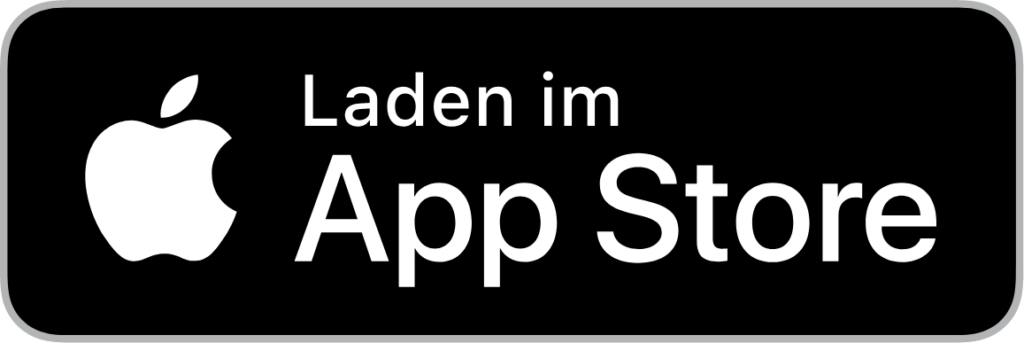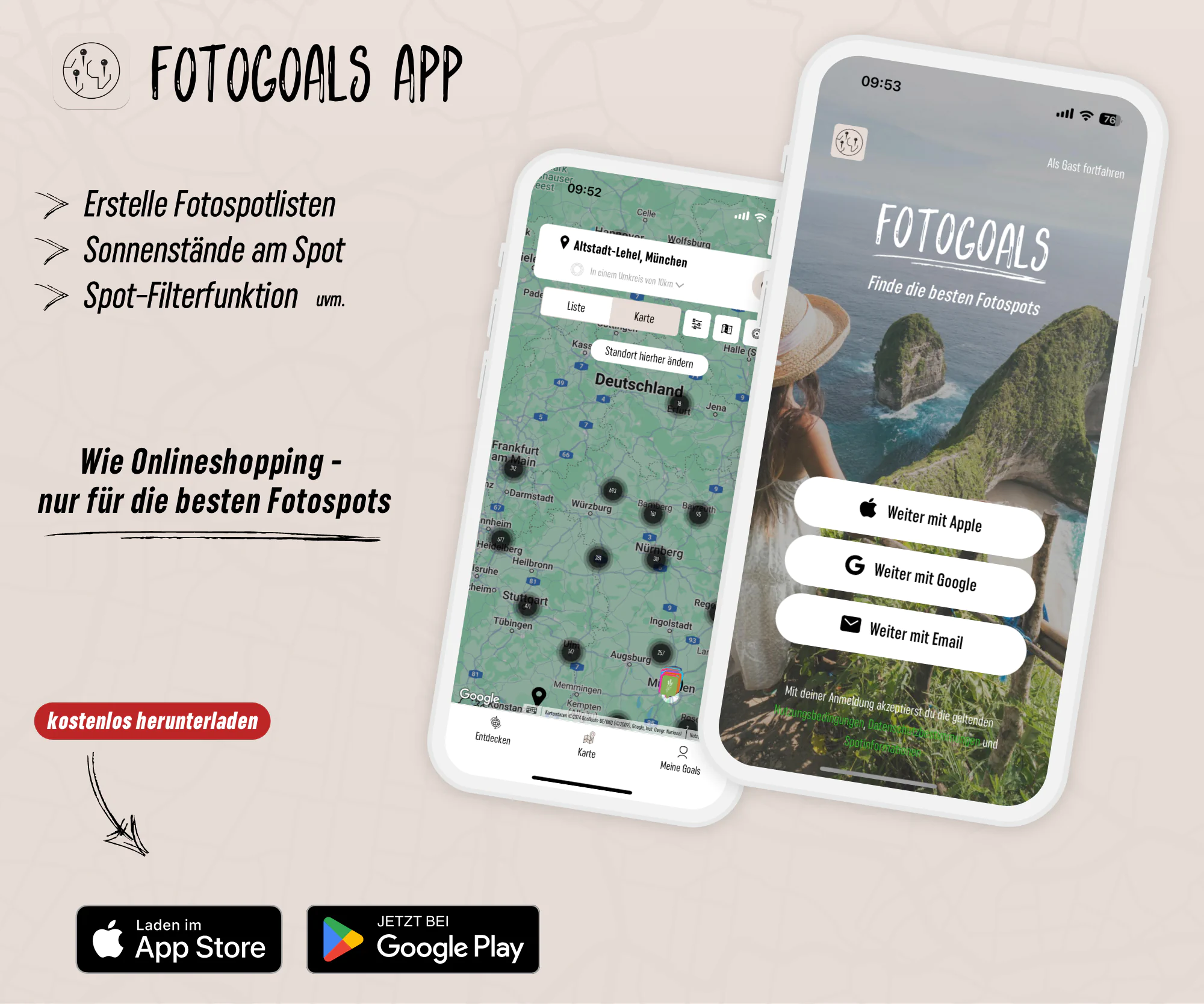Germany
Immerse yourself in the fascinating world of German landscapes, architecture and culture, which offer a rich variety and incomparable beauty. From picturesque half-timbered houses to majestic Alpine landscapes, Germany offers a wealth of photo motifs that will delight every photo lover.
The land of poets and thinkers
Photo spots in Germany

Welcome to the land of poets and thinkers - Germany, where photo spots invite you on a journey through the many facets of culture, history and breathtaking landscapes. From the picturesque vineyards in Würzburg to the vibrant city life in Berlin and Hamburg, the Gothic cathedral towers in Cologne and the imposing skyline of Frankfurt - the architecture in Germany reflects a fascinating diversity that inspires every photographer. Explore the charming half-timbered houses in Stuttgart, the magnificent castles in Munich and the idyllic lakes in the Alpine region, which lie in the countryside like paintings. Germany is a country full of contrasts, characterized by its rich history and cultural diversity, which enchants its visitors with every photo spot. From the small hidden gems to the pulsating metropolises, Germany offers an almost endless range of photo motifs just waiting to be discovered. Get ready to be captured by the beauty of this country and start your photo journey through Germany.
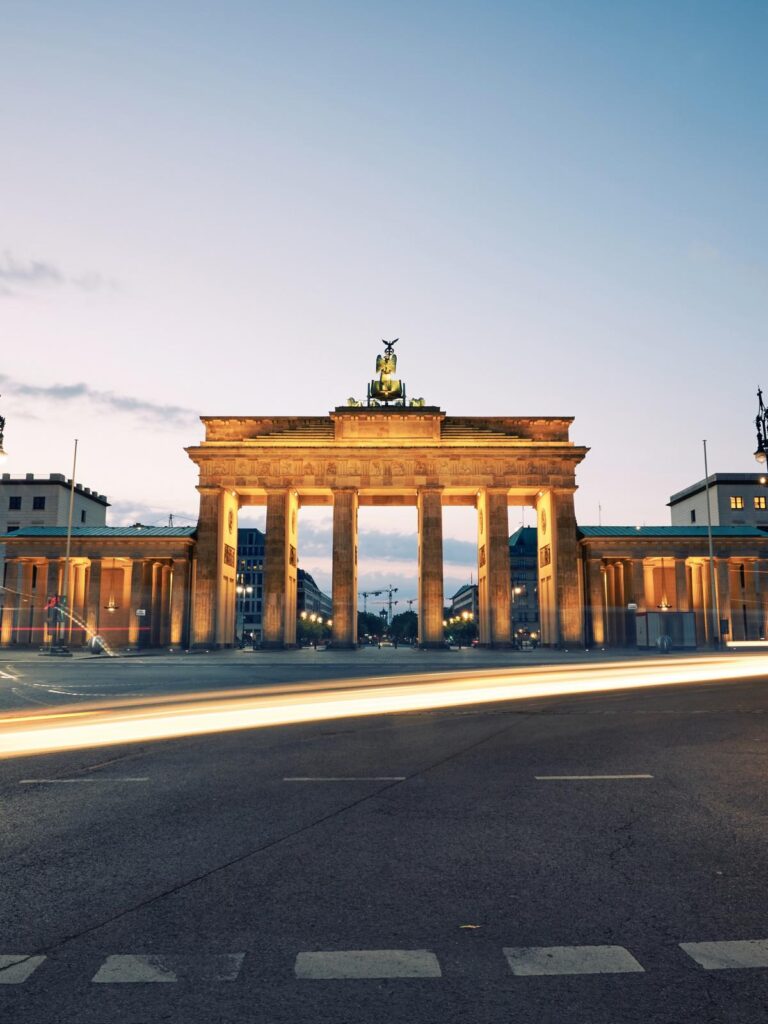
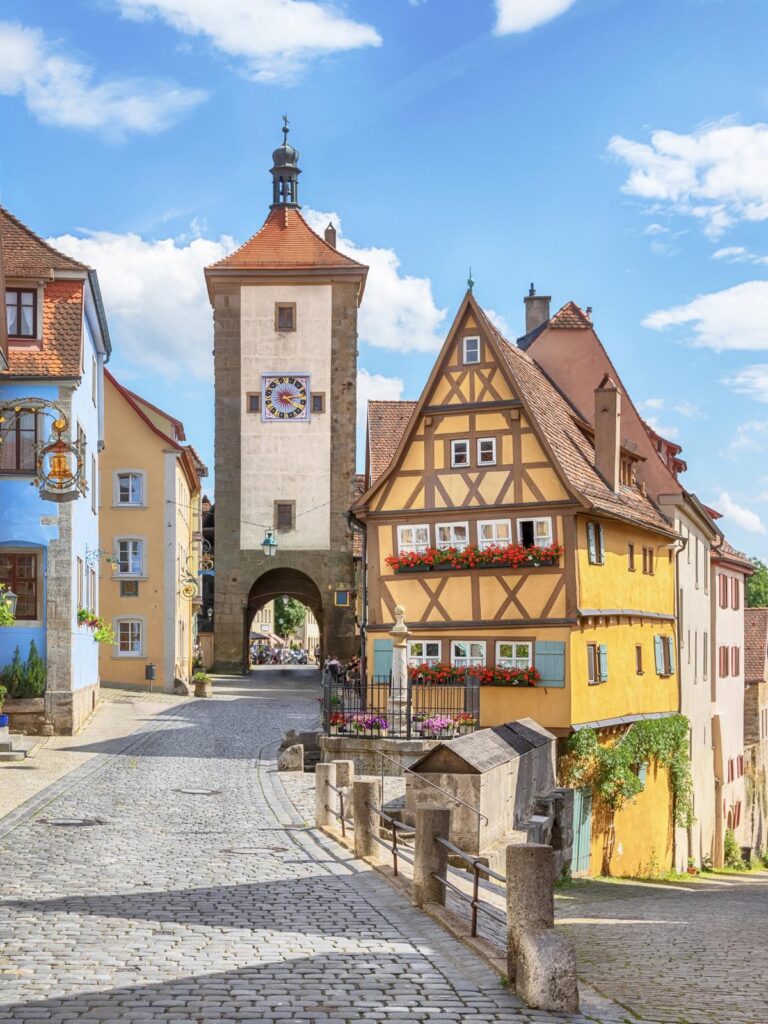
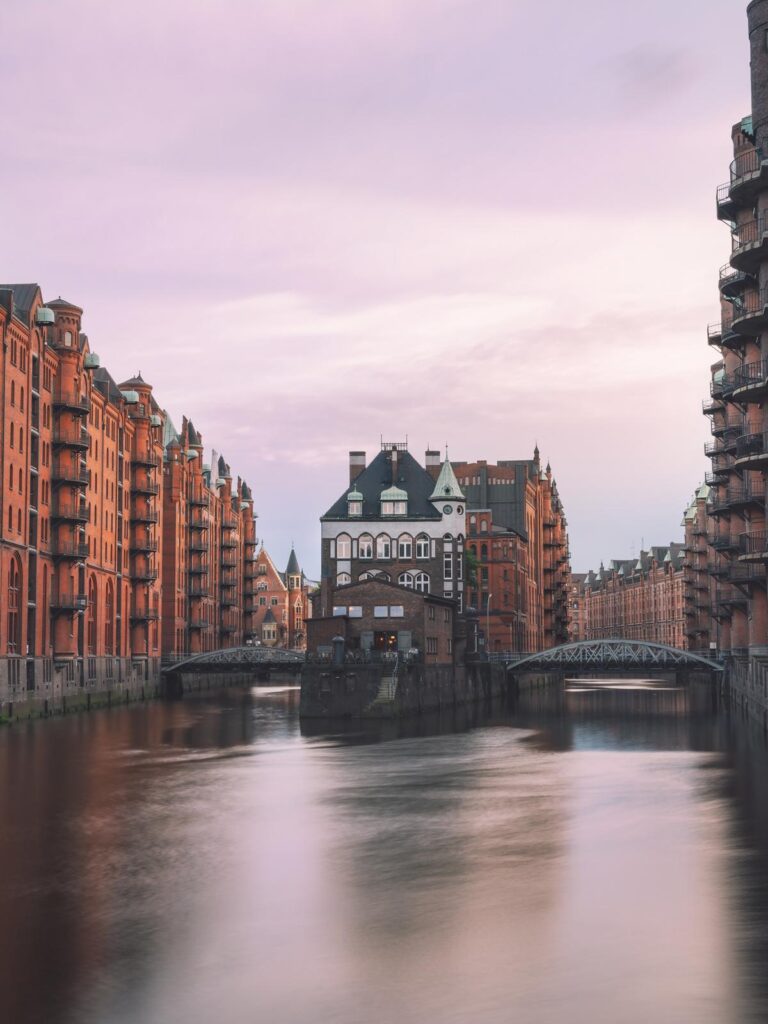
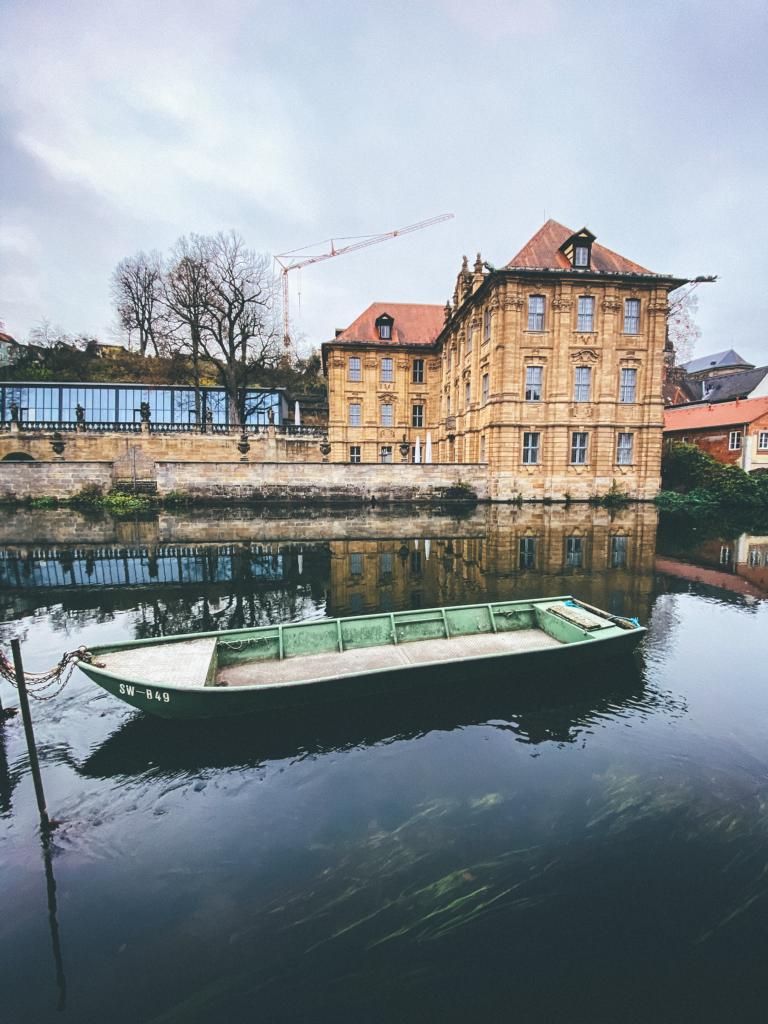
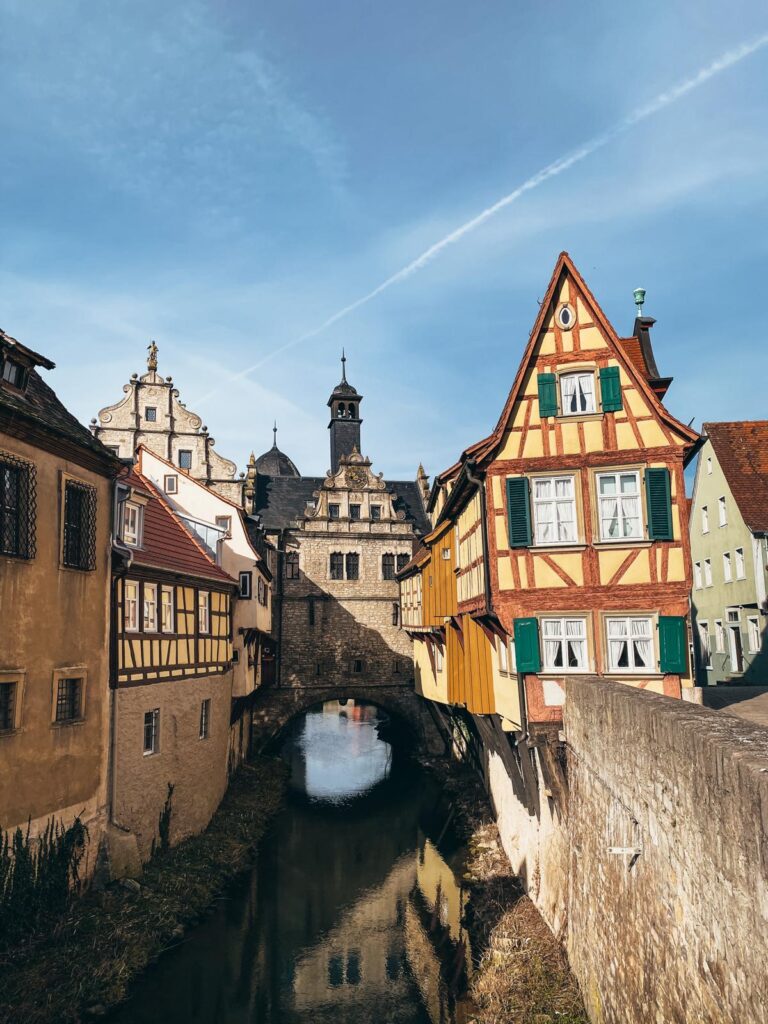
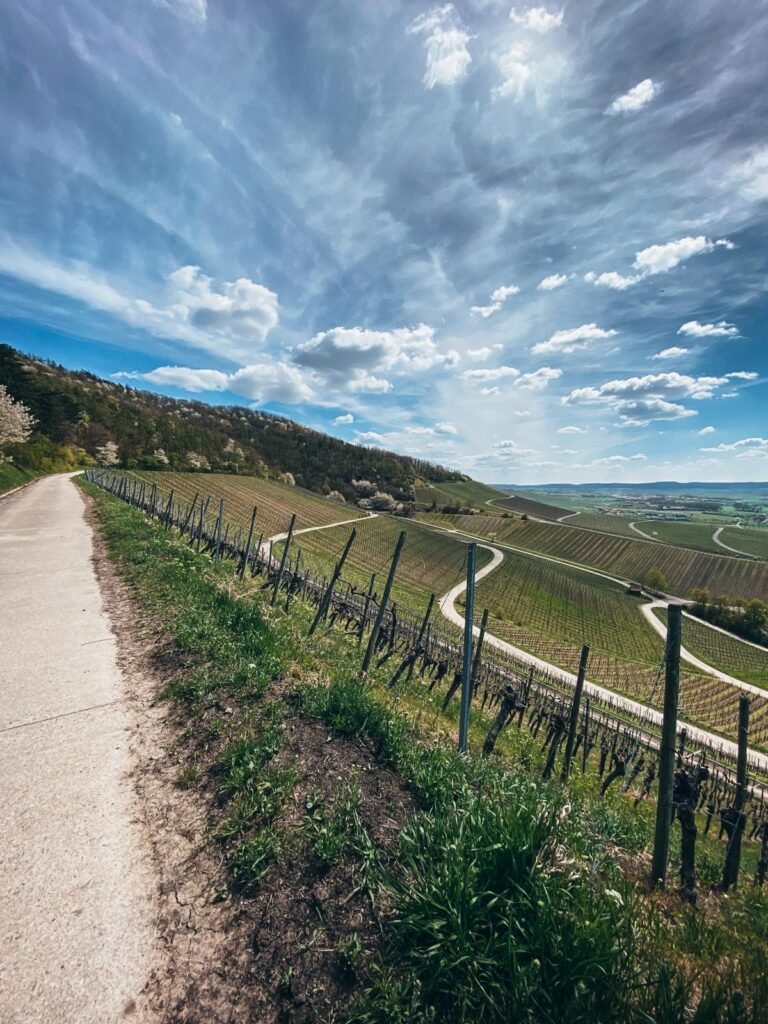
Good to know

Here you will find important information for your visit to Germany or for your trip through this fascinating country in the heart of Europe. We give you everything you need to get the most out of your stay in Germany. Let’s go on a journey of discovery together and experience the best photo spots with Fotogoals
Regions
Germany is divided into 16 federal states, from Schleswig-Holstein to city states like Berlin and beautiful Bavaria. These regions each offer their own unique sights and cultural highlights. Together, they form a rich diversity that needs to be explored. There are a total of 401 districts covering these federal states.
Currency
The official currency in Germany is the euro (€), which is accepted as a means of payment throughout the country. The country's largest banks include Deutsche Bank, Commerzbank, Sparkasse and VR Bank. ATMs can be found in banks as well as in many public places such as shopping centers, train stations and airports, making access to cash convenient and easy.
Mobile radio
In Germany, the area code has the country code +49. The leading mobile phone providers are Deutsche Telekom, Vodafone and Telefónica (O2). The mobile network is generally well developed and offers extensive network coverage, even in rural areas. In general, 4G LTE is readily available. 5G is largely available in urban areas.
Shopping
In Germany, most supermarkets and discount stores are open from Monday to Saturday from around 7 or 8 am until 8 or 10 pm. Some are also open on Sundays, with certain restrictions. The most popular retailers include Edeka, Rewe, Aldi, Lidl, Netto, Penny and Kaufland. They offer a wide selection of food and other products at affordable prices.
Transportation
There are a variety of transportation options in Germany. Deutsche Bahn offers an extensive train network for national and international travel. Cities have public transportation such as subways, streetcars and buses. Flixbus offers inexpensive long-distance bus connections. In addition, there are ride-sharing services such as Uber, traditional cabs and car rental companies such as Sixt Ride for flexible transportation options.
Restaurant
Germany has a diverse restaurant landscape that offers something for every taste and budget. In addition to traditional restaurants with regional cuisine, you will also find a large number of international chains and snack stands offering a wide range of dishes, from doner kebabs to sweet cafés. Prices for main meals average between 10 and 20 euros. It is customary to tip around 10%.

Germany - Travel & Photo FAQ
Here you will find the answers to the most frequently asked questions
If you want to visit Germany, the best time to travel depends on your personal preferences and the activities you are planning. Summer (June to August) offers warm weather and is ideal for outdoor activities, visits to beer gardens and events such as music festivals or city festivals. Autumn (September to November) attracts visitors with mild weather and colorful autumn landscapes, while winter (December to February) is attractive with Christmas markets and the opportunity to ski in the Alps. In spring (March to May), nature awakens and the cities blossom, which is perfect for walks and sightseeing tours. When planning your trip, consider your personal preferences and interests to find the best time to visit Germany.
If you wish to enter Germany, the need for a visa depends on your nationality, the purpose of your stay and the intended duration. Nationals of many countries do not require a visa for short-term stays of up to 90 days within a 180-day period for tourism or business purposes. However, a visa may be required for longer stays or other purposes. It is important to check the current entry requirements and apply for a visa in good time if necessary.
If you are planning a vacation trip to Germany, the choice of airport depends on your destination and your personal preferences. Most international flights land at major airports such as Frankfurt am Main, Munich, Berlin-Tegel or Düsseldorf. Frankfurt am Main is centrally located geographically and offers a wide range of connections. However, all airports are well connected to the public transport network. If you have a specific destination in Germany in mind, it may make sense to choose the nearest regional airport. Find out about the various options in advance and choose the airport that best suits your travel plans.
If you are traveling to Germany, no special vaccinations are usually required. However, it is recommended that you keep your standard vaccinations up to date according to your home country's vaccination calendar. If you are traveling from countries with yellow fever infection areas, you may need to provide proof of a yellow fever vaccination. It is advisable to find out about current health and entry regulations before you travel and to seek medical advice if necessary.
In Germany, the voltage is 230 volts and the frequency is 50 Hertz. The sockets correspond to the European type C and type F. If you come from a country that uses other plug types, you may need an adapter to connect your electronic devices. These adapters are available in most electronics stores, airports and hotels. It is recommended that you check whether you need an adapter before your trip to ensure that your electronic devices can be used without any problems.


Yes, tap water in Germany is generally of high quality and can be drunk without hesitation. Most cities and municipalities have strict water treatment regulations to ensure that drinking water meets legal standards. It is therefore not necessary to buy bottled water unless you prefer certain flavors or carbonation. Drinking tap water is not only environmentally friendly, it also saves you money during your stay in Germany.
Yes, many people in Germany speak English, especially in urban areas, tourist centers and among the younger generation. English is a widely spoken foreign language and is often learned as a second language at school. In hotels, restaurants, stores and tourist attractions, it is common for staff to speak English or at least have a basic knowledge of English in order to communicate with international visitors. If you don't speak German, you can usually communicate in English to find your way around and get help.
In German road traffic, there are some general rules that must be observed in order to drive safely. The speed limits vary depending on the type of road and are indicated by traffic signs. In built-up areas, the speed limit is generally 50 km/h, on rural roads 100 km/h and on highways the speed limit is 130 km/h. If nothing is specified, you may drive as fast as conditions permit on highways as long as it is safe and no traffic sign specifies a different speed.
Seat belts must be worn by both the driver and all passengers. Drinking and driving is strictly prohibited and the alcohol limit is 0.5 per mille. It is forbidden to make phone calls without a hands-free system while driving. Also observe the right of way rules and obey traffic signs and traffic lights. It is important to respect the traffic rules and remain attentive to ensure the safety of all road users.
If you are visiting Germany, there are a few general things to consider to make your stay pleasant and smooth. For example, you should respect the applicable laws and regulations, such as smoking bans in public buildings and on public transport. It is customary to take off your shoes when entering a house or apartment, especially in private rooms.
Separating waste is also important in Germany - paper, plastic, glass and organic waste are disposed of in separate bins. Tipping is customary in restaurants and amounts to around 10% of the bill. You should also inform yourself about cultural customs in order to avoid misunderstandings and treat the locals with respect. Paying attention to these aspects will certainly make your stay in Germany a positive experience.
In Germany, there are a number of rules and regulations that you should observe when taking photographs. In principle, it is permitted to take photos of public places, buildings and people as long as no private interests are violated and there are no special prohibitions or notices. However, it is important to respect the privacy of others and not to publish photos of people without their consent, especially if they are in focus or identifiable. Photography may be prohibited in certain areas such as military facilities, airports or sensitive locations such as court buildings. Please also note that photography of works of art and exhibits in museums or galleries may be restricted. If you are unsure whether you are allowed to take photos, it is advisable to ask for permission in advance or look out for signs on site. By following these rules, you can avoid unpleasant situations and enjoy your photographic experiences in Germany.
Freedom of panorama is a right that makes it possible to take photos of copyright-protected buildings and works of art and then distribute these images without having to obtain the consent of the copyright holder. In Germany, freedom of panorama allows the photography of buildings, sculptures and other works of art that are permanently placed in public spaces. These images may then be published on social media or other platforms, for example, without the need for a license or permission. However, it is important to note that freedom of panorama is interpreted differently in some countries, so it is advisable to find out about the relevant laws before taking photographs abroad.
Yes, additional regulations apply to commercial photography in Germany. While freedom of panorama permits the photography of copyright-protected buildings and works of art in public spaces, additional permits or licenses may be required for commercial purposes. Some parks, castles and other tourist attractions may charge fees for commercial photography, especially if the images are to be used for commercial purposes. For example, many castles in Bavaria charge license fees for commercial photography. Before you engage in commercial photography, it is therefore important to find out about any restrictions and fees and, if necessary, obtain the required permits.

